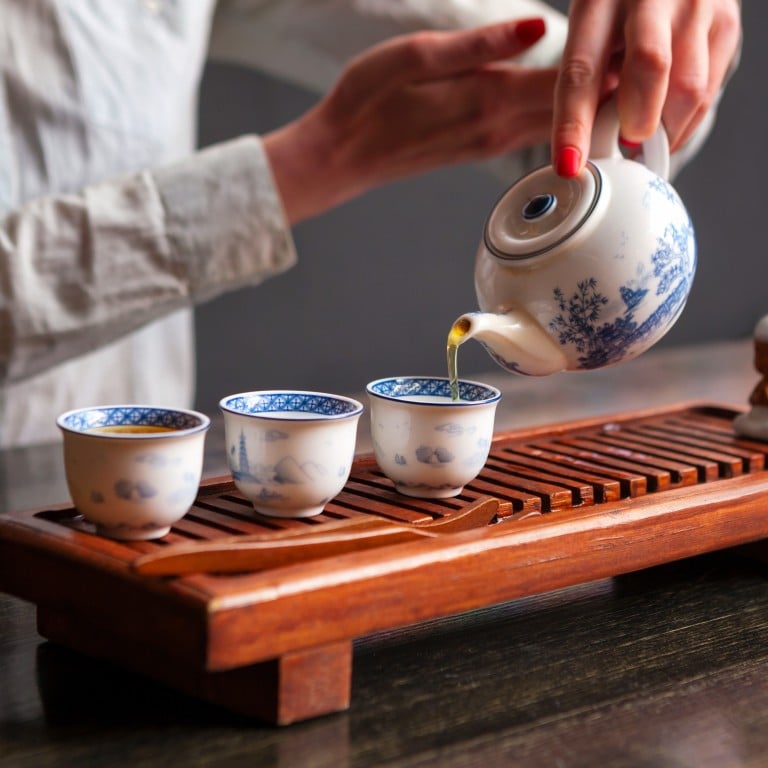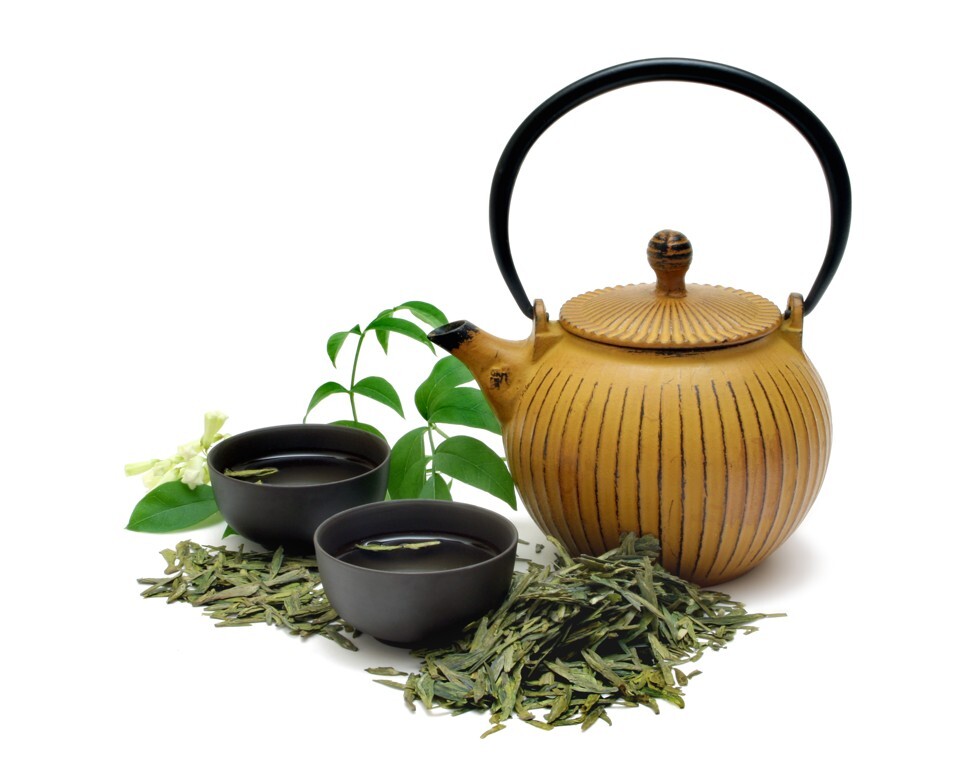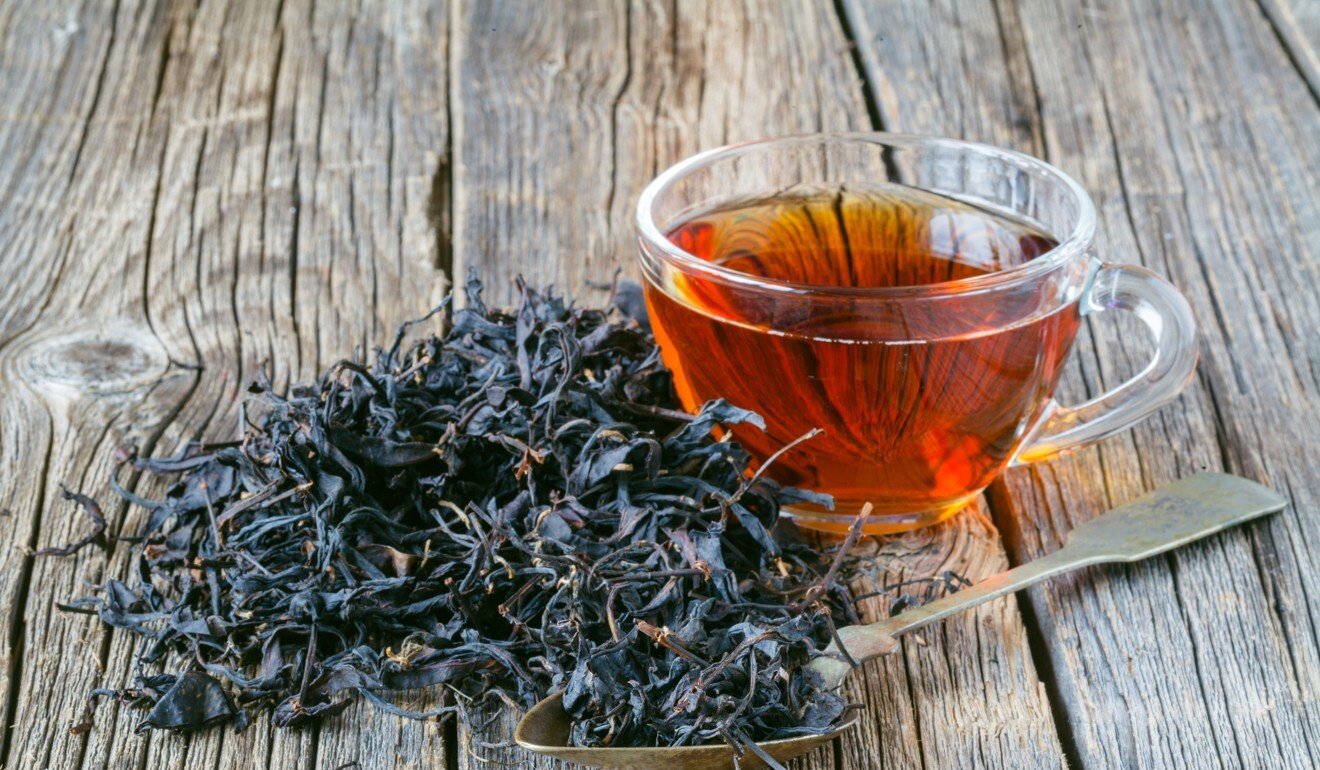
Want to live a longer, healthier life? Drink tea every week, preferably green tea
- Habitual tea drinkers have a longer life expectancy than those who seldom or never drink tea
- Green tea has a bigger positive effect on longevity than black tea, and its polyphenols need replenishing regularly
Drinking tea at least three times a week is linked to a longer and healthier life, according to a Chinese study published today.
Dr Wang Xinyan of the Chinese Academy of Medical Sciences in Beijing led the research, which was published in the European Journal of Preventive Cardiology.
“Habitual tea consumption is associated with lower risks of cardiovascular disease and all-cause death. The favourable health effects are the most robust for green tea and for long-term habitual tea drinkers,” said Wang.

Participants in the seven-year study were divided into two groups: habitual tea drinkers (three or more times a week) and never or non-habitual tea drinkers (less than three times a week).

The analysis also estimated that 50-year-old habitual tea drinkers would develop coronary heart disease and stroke 1.41 years later and live 1.26 years longer than those who drank tea less than three times a week.
The potential impact of changing tea drinking behaviour was analysed in a subset of 14,081 participants. They were surveyed eight years apart with a follow-up five years after the second survey.
Habitual tea drinkers who maintained their habit in both surveys had a 39 per cent lower risk of incident heart disease and stroke, 56 per cent lower risk of fatal heart disease and stroke, and 29 per cent decreased risk of all-cause death compared to consistent never or non-habitual tea drinkers.

Senior author Dr Gu Dongfeng said the protective effects of tea were most pronounced among the consistent habitual tea drinking group. Other studies have suggested that tea’s main bioactive compounds, namely polyphenols, are not stored in the body long-term. “Thus, frequent tea intake over an extended period may be necessary for the cardioprotective effect.”
Gu noted that a preference for green tea is unique to East Asia.

“In our study population, 49 per cent of habitual tea drinkers consumed green tea most frequently, while only 8 per cent preferred black tea,” he said. The small proportion of regular black tea drinkers might make it more difficult to observe strong associations, he added, but the findings hint that there are different effects based on tea type.
Green tea is a rich source of polyphenols which protect against heart disease and its risk factors, including high blood pressure and high cholesterol. However black tea is fully fermented, and during this process, polyphenols are oxidised into pigments and may lose their antioxidant effects.

The protective effects of habitual tea consumption were found to be more pronounced in men than women.
“One reason might be that 48 per cent of men were habitual tea consumers compared to just 20 per cent of women,” Wang said. “Secondly, women had much lower incidence of, and mortality from, heart disease and stroke. These differences made it more likely to find statistically significant results among men.”
Randomised trials are needed to confirm the findings and provide evidence for dietary guidelines and lifestyle recommendations, the authors concluded.

